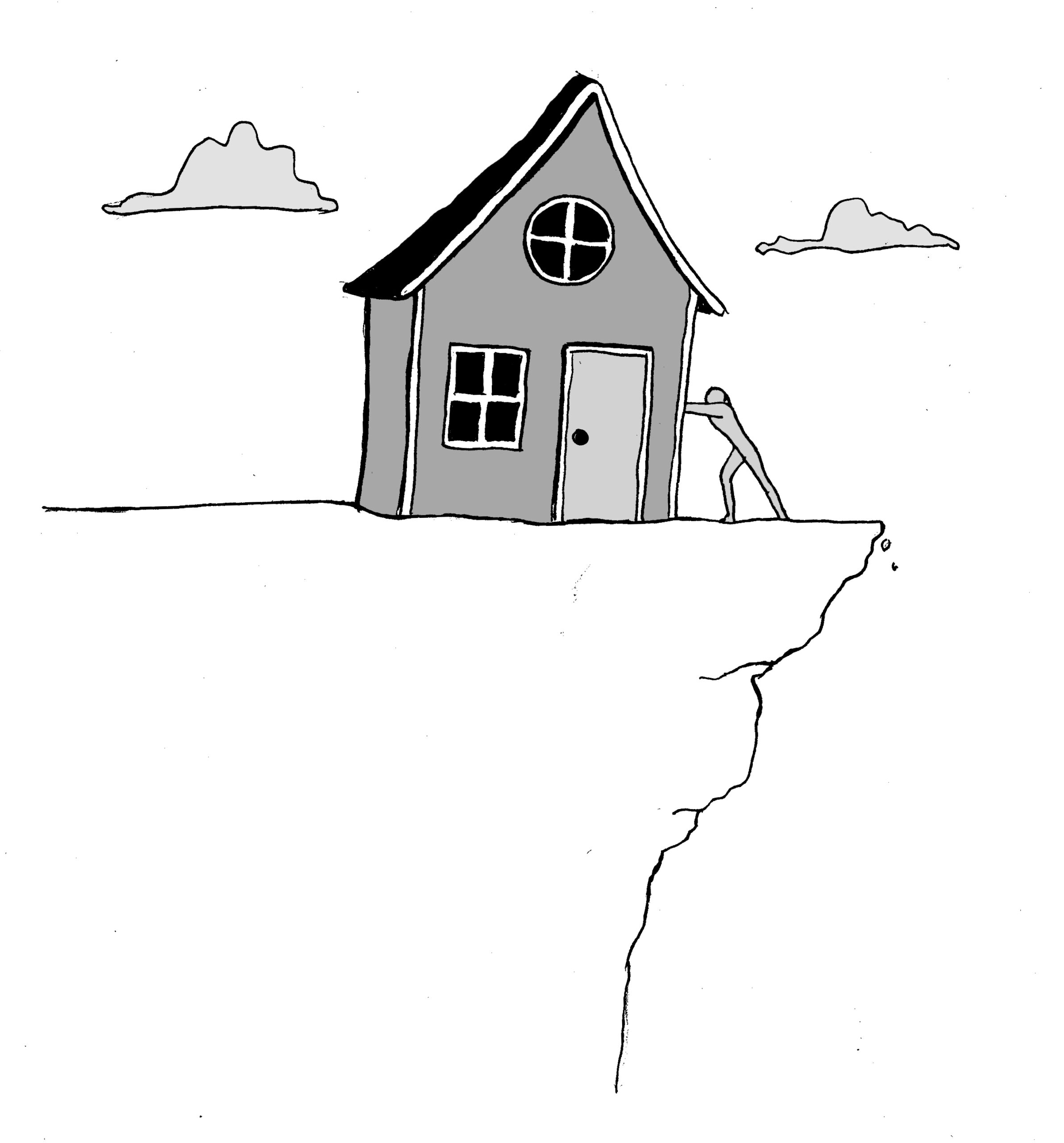Beyond the Bowdoin bubble, housing discrimination persists
September 8, 2017
 This
piece represents the opinion of the author
.
This
piece represents the opinion of the author
.
At the very end of the summer, just a few days before the rest of the student body returned to campus, the other College House officers and I spent several hours with the Peer Health and Residential Life student team discussing a book we had all read over the summer, Matthew Desmond’s Evicted. While the book itself was primarily focused on the struggles of families in Milwaukee facing housing insecurity and poverty, a large portion of our discussion centered on the various factors that can contribute to housing instability in general. Some are environmental, some institutional and some deliberate. Included in that last category is an issue that hits close to home for me, one that leaves me feeling equal parts grateful for the so-called “Bowdoin bubble” and terrified for the moment where I will have to leave it.
Every letter in the LGBT acronym is affected in some way by housing discrimination in the United States. The Federal Fair Housing Act makes it illegal to refuse renting or selling housing to any person on the basis of race, gender, religion, familial status or national origin, but does not explicitly extend this protection to LGBT individuals or families. In addition, only 20 states, as well as D.C., have instituted housing non-discrimination laws that cover both sexual orientation and gender identity, while two states have laws that cover only sexual orientation. As a result, fifty percent of America’s LGBT population currently live in states where housing discrimination on the basis of their identity is completely legal—and common. According to the National Center for Transgender Equality, one in five trans Americans have faced housing discrimination because of their gender, and over one in 10 has been evicted. In addition, a 2013 survey conducted by the Department of Housing and Urban Development found that same-gender couples face “significant discrimination” in the rental housing market. And with the turn that Trump’s America has taken, things may grow even worse in the next few years.
When I come out to someone, especially if the person is cisgender and straight, the all-too-common response of “you’re so brave” has often left a sour taste in my mouth for reasons I had never entirely been able to explain. Perhaps it comes in part from the fact that I am privileged to have spent my life drifting from bubble to bubble: my California hometown, my liberal family and friends, my private high school and now, of course, Bowdoin. My housing has always been guaranteed, and the liberal environments in which I’ve lived have made employment easy. But in a few short years, I will be let loose into a world that requires more bravery than I’ve ever needed before. Of course, I will still retain some privileges: I am white and able-bodied, I can receive support from my parents and my Bowdoin education will provide me with advantages that my peers who couldn’t attend college will not have. But my position will be far more precarious, and my safety net far less sturdy, than it is now. Depending on where I end up after graduation, I may be forced to make sacrifices to present myself the way I want to, to be visibly nonbinary and queer, to be publicly affectionate with my partner if I have one. I may be forced to take extra considerations when deciding where to live, and where to work. I may be forced to think about safety in a new light, and to develop a bravery that just a few years ago I never could’ve imagined needing.
Being gay or trans or bi shouldn’t have to be scary. It shouldn’t have to be precarious or vulnerable, and it shouldn’t have to be dangerous. I have found incredible communities because of my identity; I have made close connections through it, and it has allowed me to be a part of something incredibly rewarding. But pride shouldn’t have to come with a price. Kids shouldn’t have to be homeless because they wanted to be themselves in a place that wouldn’t accept them. Couples, trans people, and other LGBT adults shouldn’t have to struggle to find a house and a job that will take them. And LGBT individuals of all ages and identities should never have to live in the closet in order to live at all.


Comments
Before submitting a comment, please review our comment policy. Some key points from the policy: